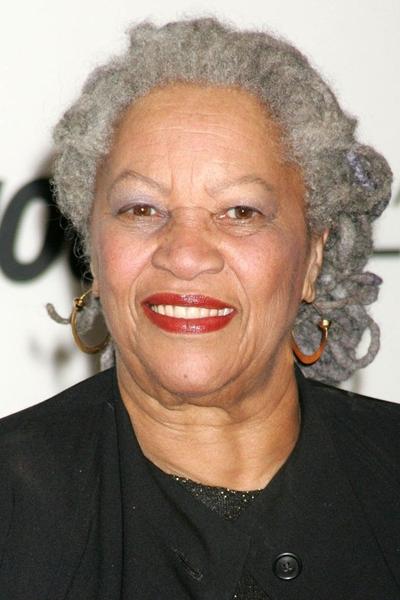Toni made the white perspective peripheral, something that hadn’t been done before
‘Toni Morrison: The Pieces I Am’ reflects on the life and works of the titular author. The doc examines how Toni’s books touched so many from all walks of life. It also looks at how vital her works were in giving African Americans a voice and stories the likes of which never existed before.
‘Toni Morrison: The Pieces I Am’ doesn’t kick off by diving into the childhood of the titular author as so many other documentaries do. Rather, Toni relates a story in which she as a girl learned the power of words, and from there the doc launches into analysing her writing process and early criticisms of her works, such as her being “limited” to writing about black people and that she should “branch out”. Thus from the outset, you know ‘The Pieces I Am’ isn’t your average documentary.
Toni made the white perspective peripheral, something that hadn’t been done before, and in ‘The Bluest Eye’, she wrote a book for and led by young black girls. Her stories are described as “Shakespearean but pedestrian”, namely epic in scale of emotion, but following everyday people. She wrote for black people a history of literature that never existed; and when you hear how far her books touched lives and gave hope, one is amazed. The books have travelled so far and a handful of them (‘Sula’, ‘The Bluest Eye’, ‘Song of Solomon’, ‘Beloved’) get an in-depth analysis. You become eager to read the works, or revisit them if you’ve already done so.
Toni’s story is dotted in between discussions of her writing. She talks of how her family ended up in Ohio, her first job working in a library and getting distracted by books there, her time at Howard University, and her shock at being exposed to segregation for the first time. Her story is a fascinating one, as she is such a force of character. She was writing, editing, and raising two children alone all at the same time.
Her work came to the fore during the Civil Rights Movement, and she saw her role not as taking to the streets but in documenting through publishing and editing, ensuring there was a record of the zeitgeist. Though there can be something of an overreliance on illustrations in the editing of the doc, it’s still very impressive, and in the third act, there’s a serious conversation about deconstructing race and racism which is unvarnished to the point of which has rarely discussed. It’s incisive, it’s precise, and it’s honest. Such words can be applied to Toni, to her works, and to this documentary.












































































